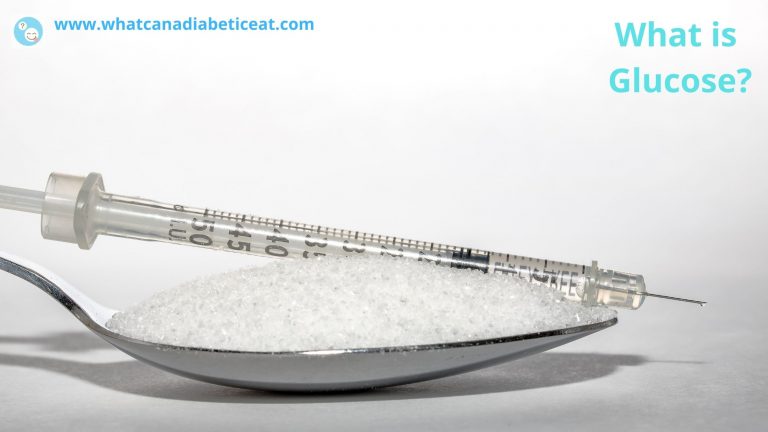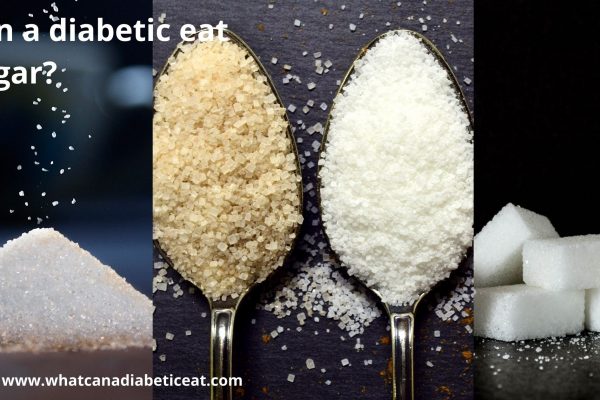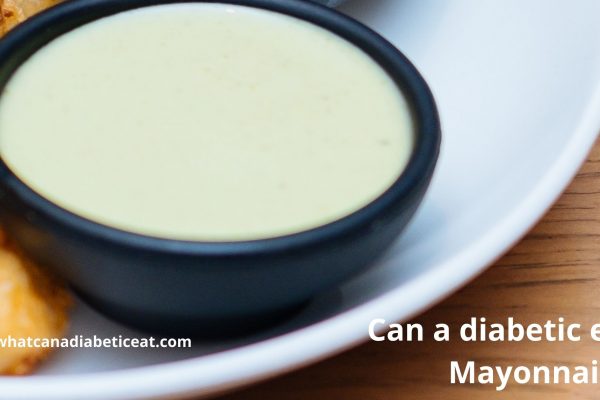What is Glucose?
Glucose is the primary source of energy. You might have heard that sugar exists in your blood. That is true. Your body can derive glucose from the food you eat or generate glucose to some extent from within your body. Your blood stream carries glucose to all body cells. Excess glucose is either stored in your body as fat or excreted via urine. Sugar appears in urine only when sugar levels in your body are extremely high. This is the reason yoru doctors go for a blood test and urine test as part of diabetes diagnosis.
The amount of glucose found in blood stream is referred to as blood sugar level or blood glucose level. As glucose is the main type of sugar found in human body, we often use the term blood sugar level also to refer to blood glucose level. Thus, saying blood glucose level is same as saying blood sugar level. Blood sugar level is a commonly the starting point for diabetes diagnosis.
Does eating foods high in carbohydrates raise blood sugar levels?
Yes. As sugar is a type of carbohydrate alongside starch and fibre, glucose can also be classes as carbohydrate. As your body converts carbohydrates into glucose and it ends sup in blood stream. This causes blood sugar spikes in diabetics.
Sudden and high blood sugar spikes can be harmful for a diabetic in short term and long term. Hence, it is important that a diabetic always keeps blood sugar levels in control. You may need to check your blood sugar levels using a blood sugar monitor such as this one. By knowing your blood sugar levels, you can adjust the amount of high carbohydrate food in your diabetic meal plan.
What foods are high in glucose?
Many regular foods we eat contain sugar as carbohydrates. Some have negligible amounts of carbohydrates while other foods are full of it. For a diabetic, it is helpful to understand what foods are high in carbohydrates. As a thumb rule, all starchy, sweet foods are high in carbohydrates and human body converts all carbohydrates into glucose. Examples of high carbohydrate foods include rice, potato, fruits, milk, bread etc. All such foods generally lead to spikes in blood sugar levels. Hence, a diabetic must avoid such foods or limit their portion size to control blood sugar levels.
Does glucose cause weight gain?
Glucose if not used can cause weight gain. As glucose is the energy source, you spend some of it every time you do some activity. But when you eat too much of foods or too many calories that give you too much sugar, you may gain weight. For example, if you eat foods that give you more glucose than you can spend with your activity, the excess of it gets stored in your body as fat. That is why they say one should count calories to prevent weight gain. Excess body weight can cause serious damage to a diabetic’s health. Hence, a diabetic must always try to eat a balanced meal and monitor blood sugar levels.





